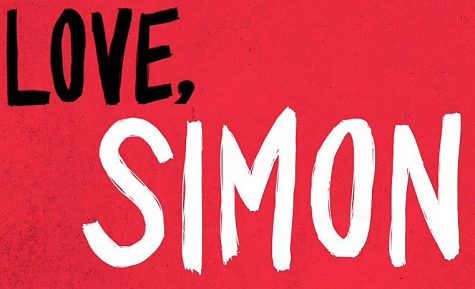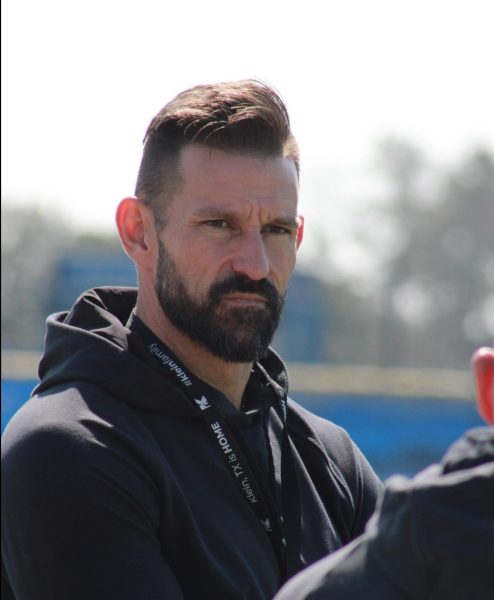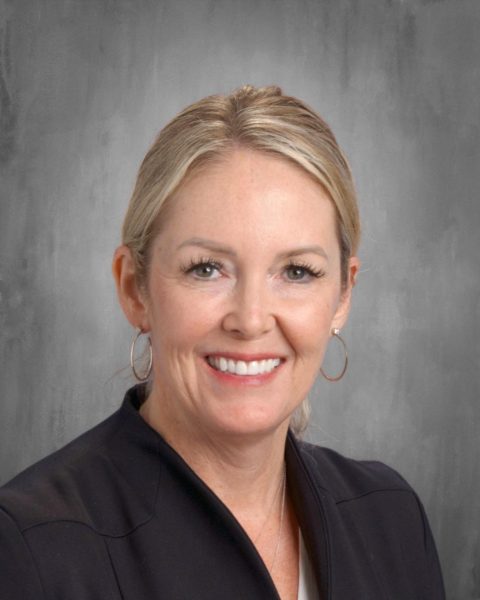Progressing beyond Life’s Bookends
When it comes to beginnings and endings, the mind usually reverts to assessing the start and the finish of something. Whether referencing an event, stage of life, book, or milestone, it’s as if life becomes categorized in compartments of chronological commencements and conclusions.
However, what if no identifiable beginnings and endings actually exist in life? The starts and finishes experienced in life may just be a series of progressive events which build upon each other. Perhaps what are considered beginnings and endings are simply accumulations of situations and perceptions which contribute to individual growth and character development.
Take, for instance, a toddler’s undergoing of the rite of passage from infancy into childhood as he or she starts walking, feeding one’s self, talking, and using the restroom. Similarly, puberty serves as the threshold into which a child passes to adolescence. High school graduation has been considered a milestone by collective society to catapult one into adulthood; likewise, college and post-graduate achievement seems to render one a functional member of society instead of a dependent.
In retrospective analysis, these appear to represent a series of beginnings and endings: once one stage is passed, a new one appears. In reality, however, these events encompass the human experience. They become part of the development of individuals and, whether consciously acknowledged or not, are carried within them. They shape, influence, guide, and define unique personalities and quirks. So long as life progresses, there is really no beginning and end: there is only cumulative acquisition of experience, knowledge, challenge, triumph, disappointment, and success.
If life is destined to be defined by beginnings and endings, then any relevance that holds should be showered upon the ending. This question of how one’s life will end isn’t posed to address the manner in which a person dies, but rather how that person lived. The circumstances in which someone finds himself or herself, the struggles endured, and the pain and suffering experienced may all play a role in one’s life at the onset or at any point. Yet how that person responds, acts, and thinks, will define how and where he or she ends up.
A saying often attributed to life coaches and motivational speakers like Zig Ziglar, and suggested to be rooted in biblical verse, conveys in essence that “It’s not how you start, but how you finish that matters.” This is possibly the most moving and relevant reference to beginnings and endings in one’s life.
To build a life on positive thoughts, good character, and purposeful deeds will greatly influence the quality of an individual’s life and the lives of those around that person. This holds true no matter what sort of start someone has to life, whether easy or difficult. A decision by people to take charge of their life, learn or prosper from experiences, and justify their decisions with meaningful reason can greatly increase the likelihood that they will create a life that brings a satisfactory or fulfilling end. Building upon personal experiences and progressing in self-awareness, a solid moral code, concern for others, and purpose will not only contribute to a successful culmination of life, but will also make it worthwhile along the way without closing any chapters.
Your donation will support the student journalists of Klein High School. Your contribution will allow us to purchase equipment and cover our annual website hosting costs.












